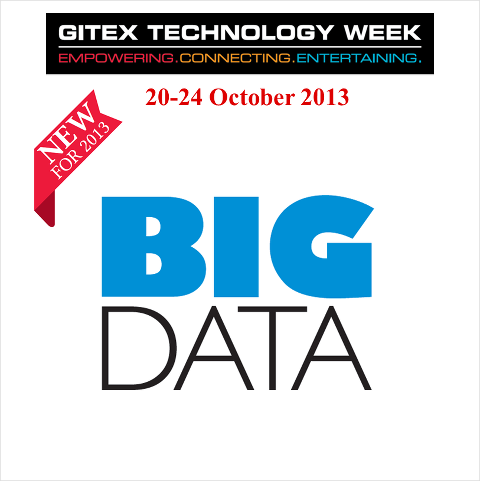Apple iStore alerts Nigerians on dangers of grey products
iStore, home of everything Apple in Nigeria has advised Nigerian consumers to avoid buying grey Apple products from unauthorized resellers, as these products do not conform to the brand values and service promise of Apple. The reputation of several notable global brands in Nigeria is being tarnished by the influx of grey products into Nigeria. World acclaimed multi billion dollar high-end brands are having their core values and quality promise under threat by counterfeits and grey products from unauthorized resellers who are not able to offer any product support or warranty.
Dr Phil Osagie, a Communications and PR expert from JSP Communications explained some of the dangers of grey products in Nigeria. The combination of economy strapped consumers seeking very low prices and unauthorised traders eager for huge profits present a compound problem to both brands owners and the Government at large. As importers of grey products either do not pay custom duties or make false declarations at entry point.
This is called grey product or parallel import – a rampant situation in which marketers smuggle non-counterfeit but mostly refurbished products into the country without the permission of the intellectual property owners or paying all necessary taxes and customs duties. Though a grey product tends to be cheaper, it is not in the customer’s best interest. It is usually not the standard version, has no warranty or record with manufacturer’s exports, neither are there provisions for spare parts, consumer education, product set-up and after sales support. At the new Apple iStore for example, customers are given regular free technology sessions on how to maximize the use of their Apple iPad or the Apple Mac
Grey products are not intrinsically fake products, but they are products sold in grey market. Grey Market is the trade of a commodity through distribution channels, which, while legal, are unofficial, unauthorized, or unintended by the original manufacturer. Grey marketing refer to the distribution channels that steer branded products from a manufacturer or the authorized distribution channels and pass it across to the consumer through traders or unauthorized distributors across the world. Grey products are not designed to be sold in a particular market and cannot be supported by the authorized importer because they may not meet mandatory safety and certification codes. Because these items are not designed for a particular market they may not function properly, or the authorized importer may not be equipped to provide service, support or software.
In fact, in some cases a few genuine products that are smuggled in are used only for display but when consumers pay for the products the unwary buyers are handed something else. The American Watch makers & Clock Makers Institute noted, “Grey products are Trouble with a capital T”
On the face of it, consumers may feel they are getting a great deal by buying grey products, since they are seemingly original but just sold but unauthorised retailers. But the customers still groan in the long run. In no time, customers realise they have bought products which cannot deliver on the brand promise. The economy also suffers, as duties are not usually paid to Government by the importers of grey products.
The grave implication for this trend is that brand values and equity are eroded and consumers’ loyalty lost. When brand promises are not fulfilled, consumers naturally begin to develop cold feet and lose faith in the ability of the products to deliver the promised utilities.
The cheering news though, is that more and more companies and multinationals with growing consumers’ base in Nigeria are establishing and strengthening local presences in the country to combat the problem of grey market and offer succour to their loyal customers. Hewlett-Packard Company popularly known as HP; Symantec, makers of the popular Norton Antivirus product and Japan’s Panasonic Corporation. These multinationals with strong global presence have recently stepped up their structure and presence in Nigeria to forestall the menace of counterfeiting and grey products. Symantec has not only increased its local presence, it is also actively educating its product users and the public at large
Another brand that has strengthened its local presence in Nigeria is Apple, world’s mobile device giant. Through its partners, Core Group Africa, Apple officially entered the Nigerian market in 2012 to consolidate its presence and stay close to the heart of its consumers. Other authorized Apple resellers are iConnect Lagos, The Orchard Lagos; Cross Energy and iMEED Stores Abuja to ensure that buyers can access genuine devices through official channels. iStore is located at the Ikeja shopping Mall
Rutger-Jan van Spaandonk, Core Group Africa’s Executive Director states that, “With the opening of iStore, genuine Apple products can now be bought in Nigeria at the right price and with the full scale support as well. Quality conscious Nigerian consumers can now enjoy the amazing Apple store experience as well as obtain full peace of mind. With the full two years warranty offered by Apple iStore and the world class sales and technical team, Nigerians should resist the temptation of buying grey products from unauthorized resellers.”





